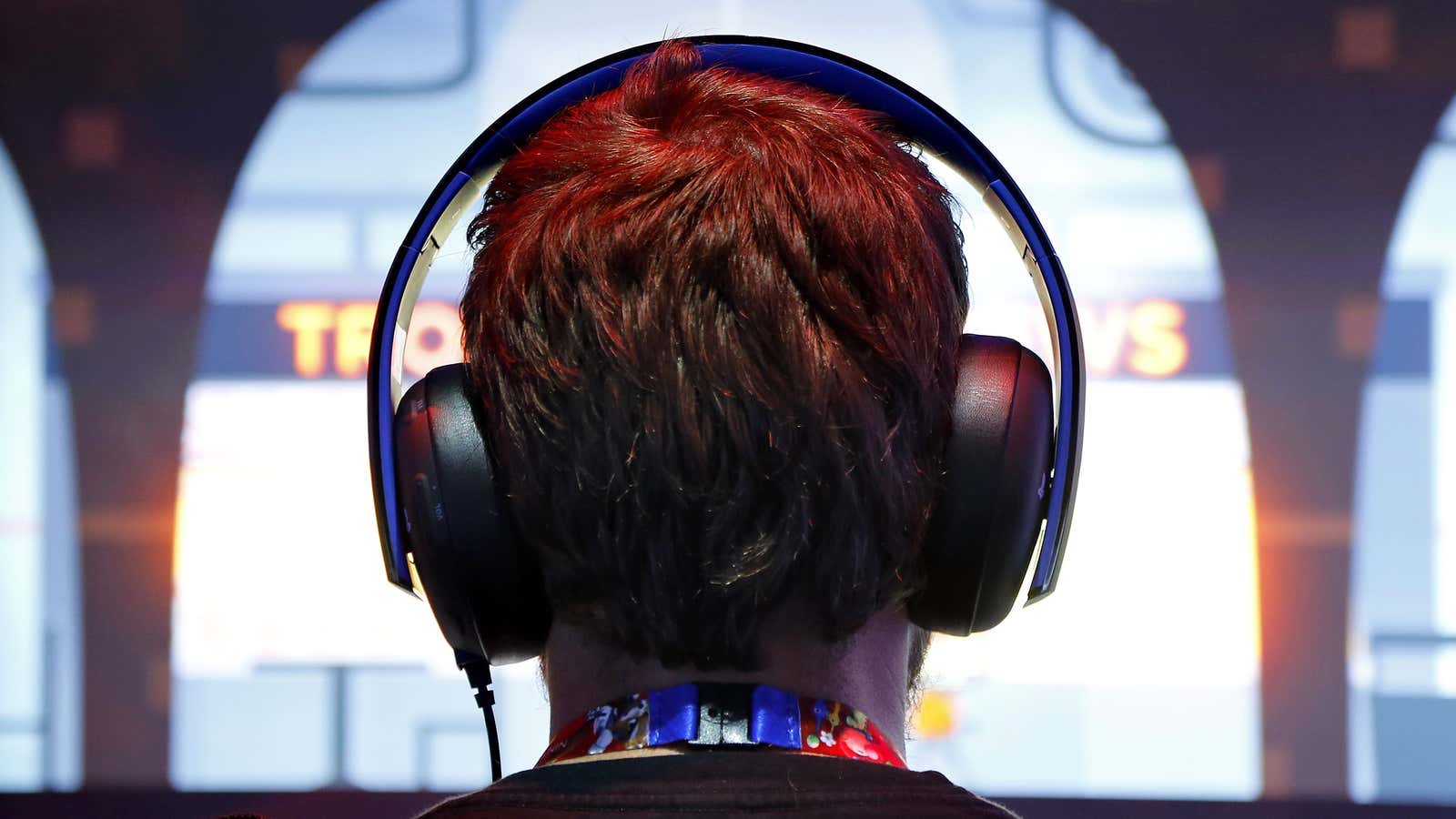In Victor Hugo’s 1862 novel Les Misérables, a police officer named Inspector Javert endlessly pursues the hero, Jean Valjean, for stealing a loaf of bread.
Javert would probably be great at ending music piracy, based on the findings of a new paper from the University of Nevada in Las Vegas. The paper, published this week in the Journal of the Human Factors and Ergonomics Society, says that the best way to stop people from pirating music is a double whammy: Tell them the activity is illegal, and warn them that they may be monitored if they continue to do it.
“For some individuals, privacy may be just as important as a pecuniary consequence,” researchers Joanne Ullman and Clayton Silver write in their paper. “Of course, the combination of both would heighten the potential consequence.”
In a legal landscape where copyright laws are selectively enforced, the effectiveness of warning signs is often all that stands between a person choosing to illegally download music or not. And in some cases, there’s confusion around what types of music belong in the free public domain. After all, it wasn’t until 2016 that the ubiquitous “Happy Birthday” song was ruled by a judge as being part of the public domain.
For that reason, finding the most effective language to deter such activities becomes even more important. The researchers likened downloading music to jaywalking—if you truly want to curb it, you have to figure out what signals will most effectively communicate the boundaries of the law.
As part of the new research, when it comes to stopping people from illegally downloading music, scientists found that the right signal is a sharp, all-caps word such as “STOP” or “IMPORTANT,” accompanied by the threat of being fined and monitored. (US copyright law allows damages of anywhere from $750 to $150,000 per illegal download, while under the Digital Millennium Copyright Act, major internet service providers can pull the plug on repeat offenders’ internet access.)
The researchers found that putting an emphasis on the threat of being monitored seemed to resonate with participants. The experiment involved testing a group of 220 college undergraduates who were exposed to more than 70 symbols, action words, and warning phrases for comprehension.
What doesn’t work, according to the research? Graphic icons that attempt to depict a ban on downloading music—internet users pass right by them. Also, non-threatening all-caps words such as “NOTICE” don’t faze people much at all.
According to research published earlier this year by the International Federation of the Phonographic Industry, more than a third of consumers, or 38%, access music illegally. That leaves a lot of money on the table for artists and record labels in the music industry. And it lends a lot of credence to research that explores how best to influence people’s habits.
